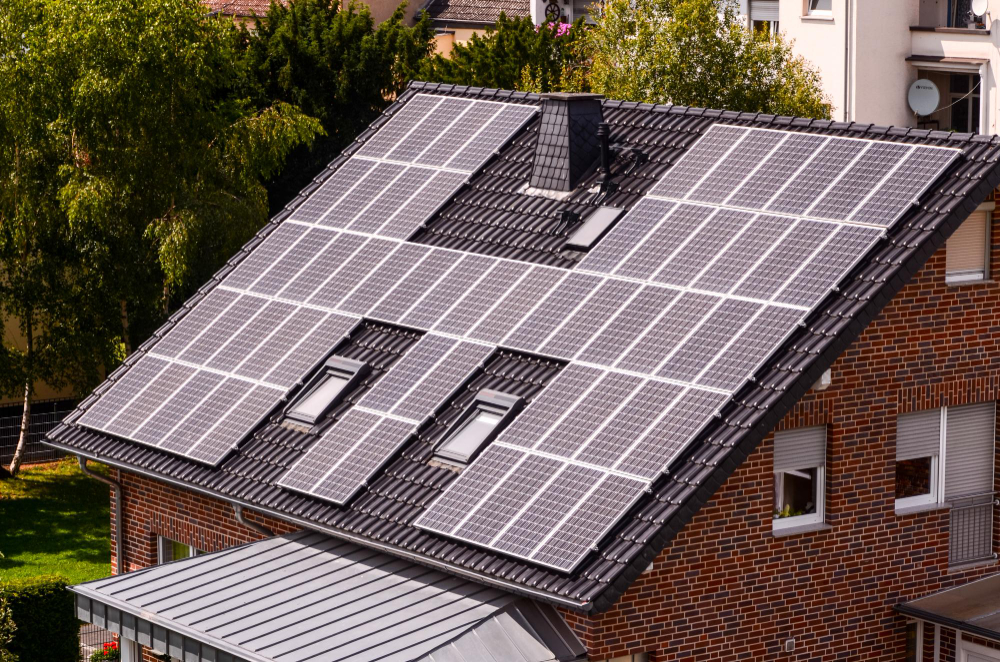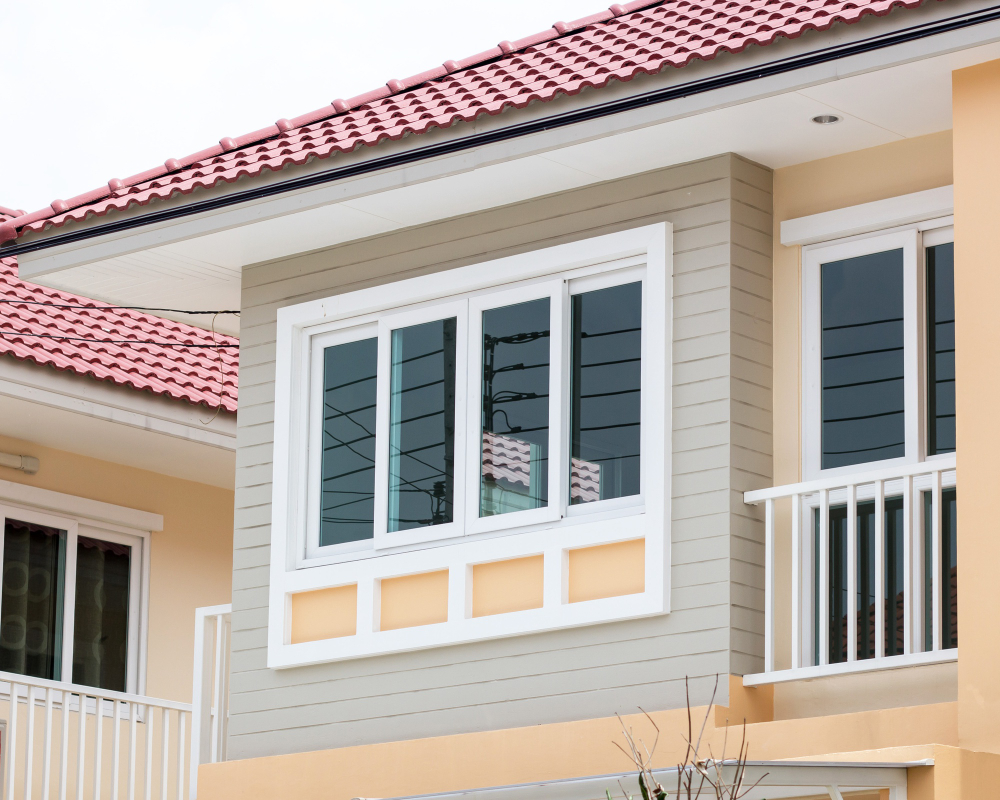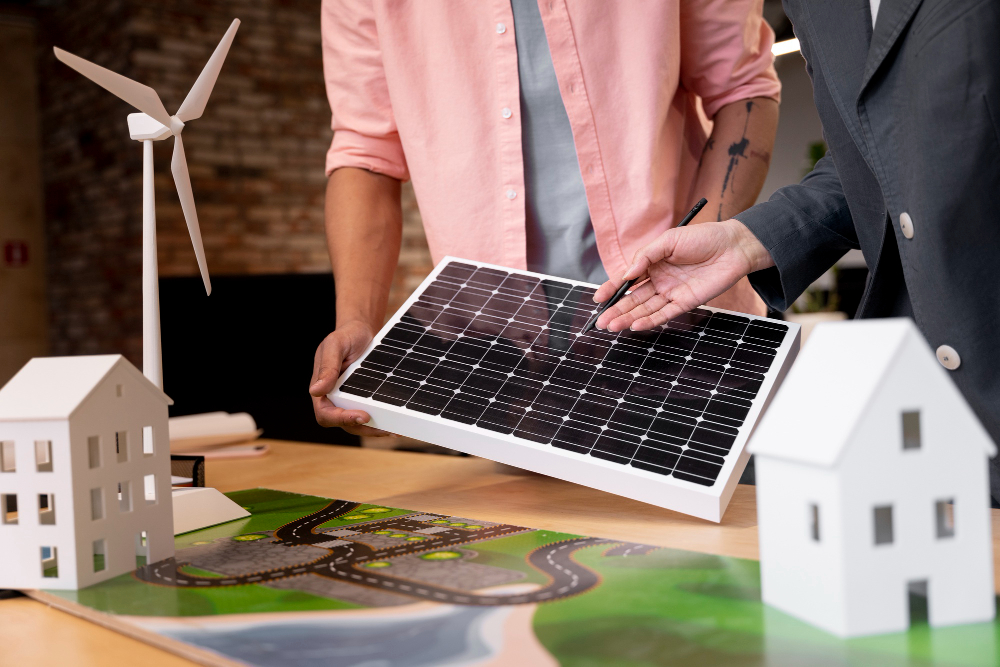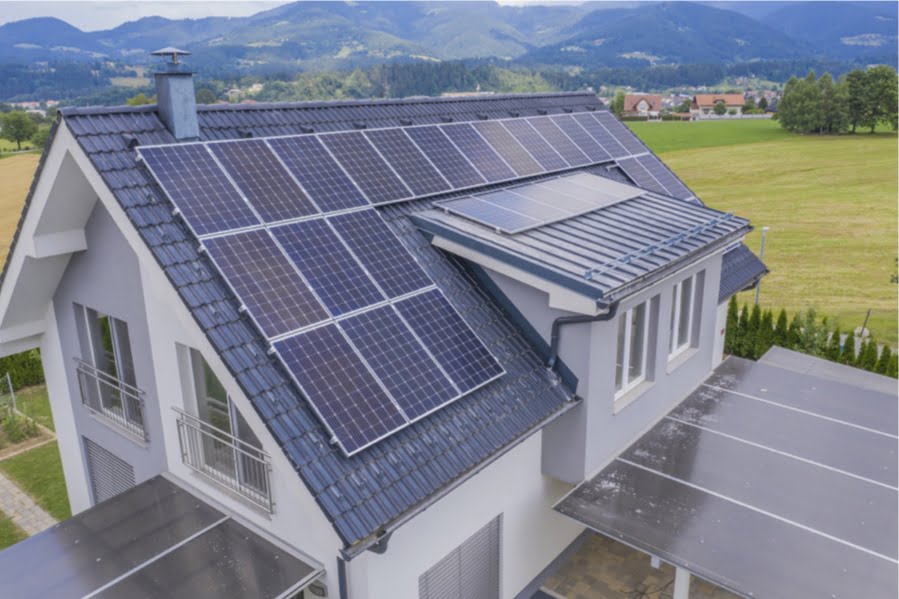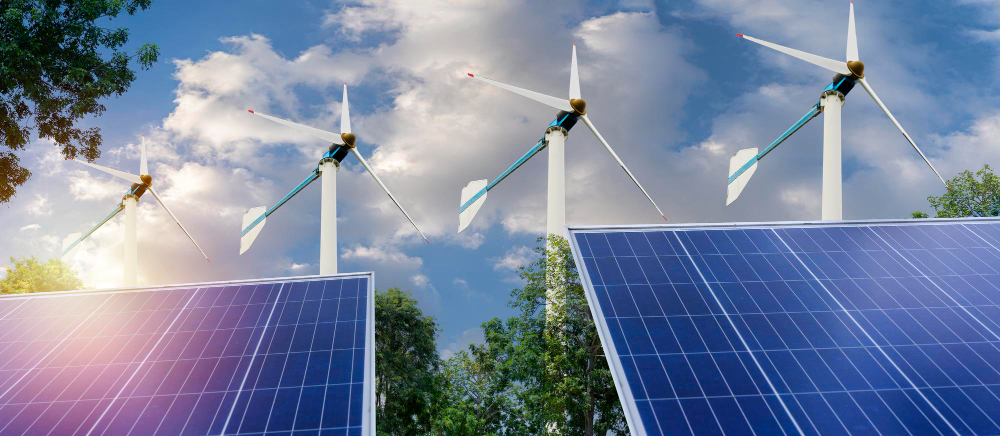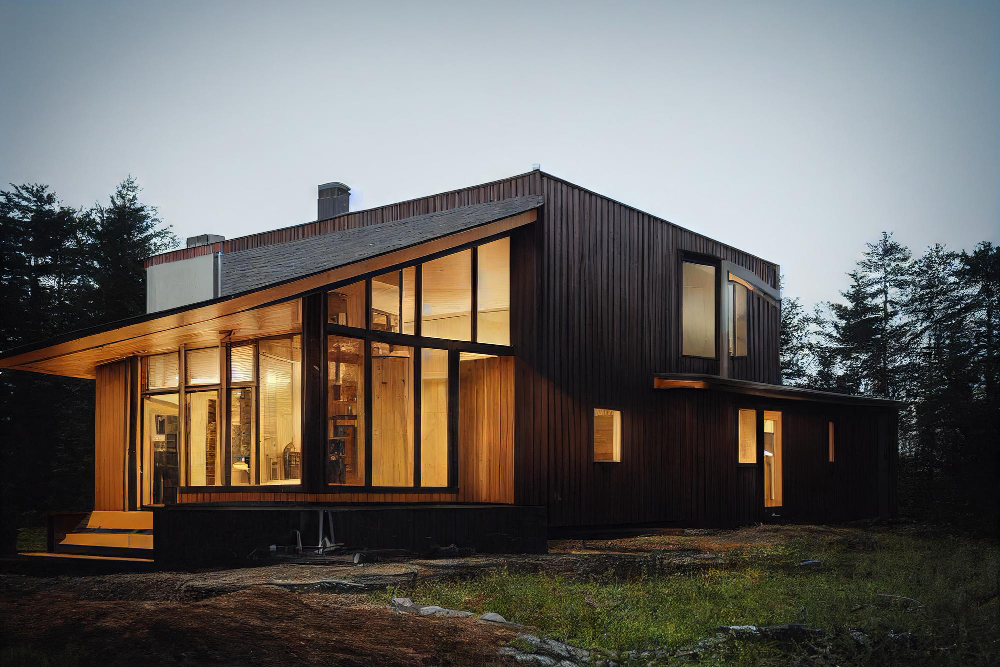Last updated on
Consider the following pros and cons if you’re looking to put solar panels on your shed or garage roof. Read on!
Solar energy has gained immense popularity as a clean and renewable source of power.
This blog post will explore the pros and cons of installing solar panels on sheds or garages.
Understanding Solar Panels
Solar panels work by harnessing the power of sunlight and converting it into electricity through photovoltaic cells. When exposed to sunlight, these cells generate an electric current and are made up of layers of semiconducting material. An inverter is used to convert the generated direct current (DC) into alternating current (AC) for compatibility with home electrical systems.
Benefits of Installing Solar Panels on Sheds or Garages
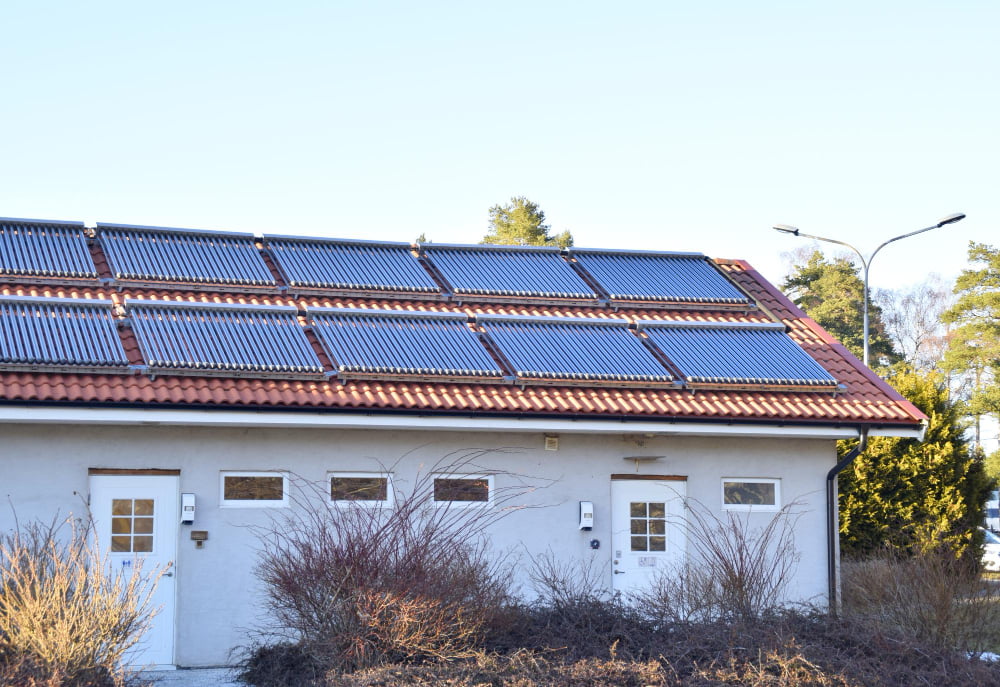
Consider the following benefits.
Energy Independence and Cost Savings
Contrary to what some homeowners think, the installation of solar panels is not limited to home roofs. They can be installed in garages, carports, and sheds. The team from True Blue Sheds Perth adds that installing solar panels on sheds or garages provides energy independence and potential cost savings. By generating your own electricity, you become less reliant on the grid and can reduce or eliminate monthly electricity bills. Over time, these savings can result in a significant return on investment.
Environmental Impact
Solar energy is clean and renewable, making it an environmentally friendly choice. By installing solar panels on sheds or garages, you can reduce your carbon footprint and contribute to a more sustainable future. Solar energy does not produce noise or air pollution, making it a cleaner and quieter alternative to traditional energy sources.
Utilization of Space
Sheds and garages often have ample roof space that can be utilized for solar panel installation. By maximizing the use of existing structures, you can avoid the need for additional land or rooftop space, making solar panel installation more convenient and accessible.
Considerations and Challenges
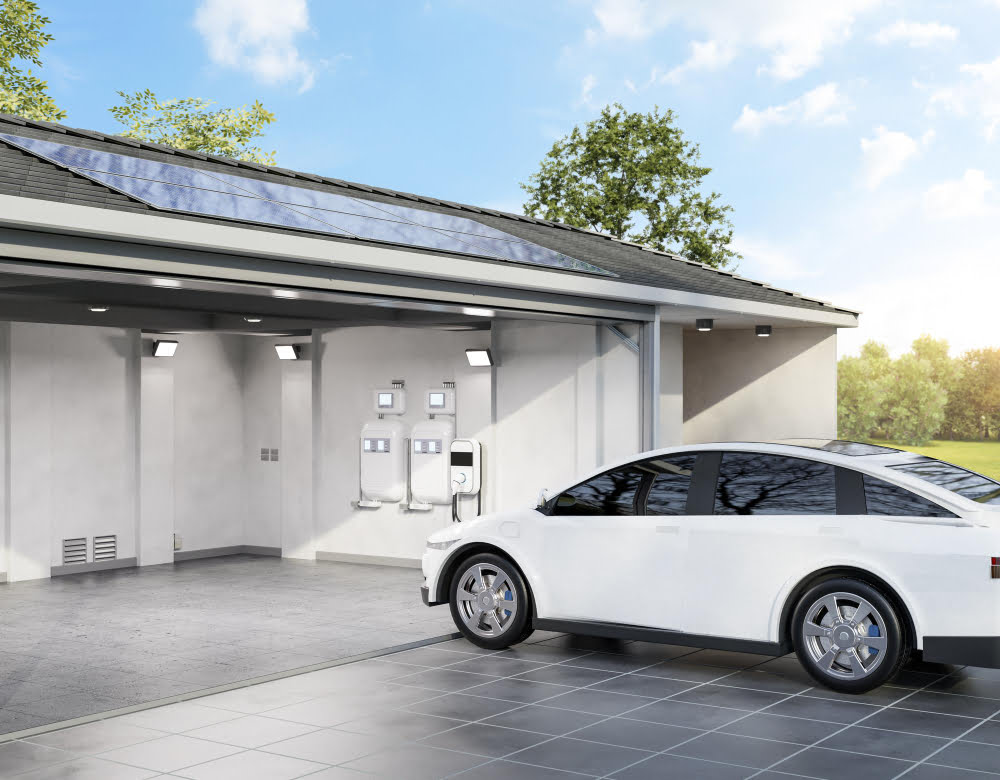
Consider the following drawbacks.
Orientation and Sun Exposure
Proper orientation and sun exposure are crucial for optimal solar panel performance. Ideally, solar panels should face south or southwest to receive maximum sunlight throughout the day. Shading from nearby trees or buildings can also impact panel efficiency and should be taken into account during installation.
Structural Integrity and Weight
The structural integrity and weight-bearing capacity of the shed or garage should be considered when installing solar panels. Additional weight and stress on the roof may require structural assessments and potential reinforcements to ensure safety and stability.
Building Permits and Regulations
Obtaining the necessary building permits and complying with local regulations is essential for solar panel installations. Each jurisdiction has its own set of rules and requirements, so it’s important to research and understand the permitting process before proceeding with the installation. Compliance with local building codes ensures the safety and quality of the installation.
Maintenance and Upkeep
Regular maintenance is necessary to ensure optimal performance and longevity of solar panels. This includes cleaning the panels to remove dust and debris, inspecting for damage or malfunctions, and potentially performing repairs. Proper maintenance helps maximize efficiency and prolong the lifespan of the panels.
Financial Considerations

Take into account these financial considerations.
Costs and Financing Options
The upfront costs of installing solar panels can vary depending on the system size and complexity. However, there are various financing options available, such as loans or leasing, to make solar panel installations more affordable.
Incentives and Tax Credits
Government incentives and tax credits are often available to offset the initial costs of solar panel installations. These incentives can provide financial benefits and help make solar energy more accessible to homeowners.
Installing solar panels on sheds or garages offers numerous benefits, including energy independence, cost savings, environmental impact, and space utilization. However, it’s important to consider factors such as orientation, structural integrity, permits, maintenance, and financial considerations before proceeding with the installation. By carefully evaluating these aspects, you can make an informed decision and enjoy the advantages of renewable solar energy.
Related reading:
Table of Contents
